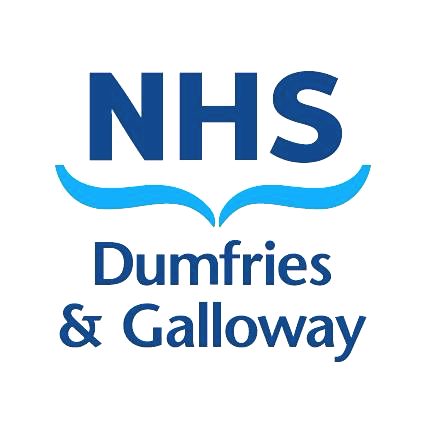GRATITUDE is being expressed for the support shown to the region’s health and social care system in the face of major challenges.
It follows a request to communities to take actions which can support the system, and for families and loved ones of hospital in-patients to help facilitate a speedy discharge.
Dumfries and Galloway Health and Social Care Partnership Chief Officer Julie White said: “We’re very grateful to everyone for the responses we’ve seen after we highlighted the very serious pressures being felt right across health and social care in Dumfries and Galloway.
“Even just being aware of the pressures and being prepared for and understanding our current limitations is of help and appreciated.”
Mrs White added: “As we noted, staffing pressures are a fundamental aspect of the current pressures right across our system.
“Although we have sizable numbers of people needing treatment in hospital, we simultaneously have seen significant increases in the number and complexity of people who require support to remain in their own homes and to return home from hospital. Recruitment challenges are limiting our ability to meet this increased need.
“This is despite recent success recruiting to Dumfries and Galloway Council’s in-house Care and Support Services (CASS), where the enlisting of 32 staff equated to a further 784 hours of care provision – supporting the care at home visits in our region which now total 80,000 every single week.
“As a consequence, you will hopefully be aware of the concentrated and ongoing recruitment activity aimed at bolstering our care at home services – supported by the increase in pay for this sector announced by the Cabinet Secretary for Health and Social Care.
“As that work continues, we are recruiting health and care support workers to help support care at home services, and we have multi-disciplinary teams reviewing people’s needs and identifying new and alternative ways of meeting those needs.
“We’re evolving our ways of working, developing models which will look to safely maximise hospital discharges and looking at options for how people requiring long-term care can be supported in the interim until that longer term arrangement is in place. Thanks to our Community Nursing Teams, our STARS team, social care teams and the staff deployed from our empty cottage hospitals, we are now supporting more than 100 people at home who would have otherwise been delayed in hospital awaiting packages of care.
“Huge credit and appreciation needs to be voiced for the many thousands of unpaid Carers in our region, as without them our health and social care systems would simply not be able to function. The pandemic has led to an increasing number of people becoming Carers as well as adding to the huge impact that caring has on those who were already caring.
“This current situation may mean that there could be added requests made of families and Carers at this time and we acknowledge the added pressure this may cause. It is important that Carers are considered as partners alongside our health and social care teams and made aware that there is support available to them via local organisations like D&G Carers Centre and others who can provide ongoing information, advice and support to anyone caring for a relative or friend.
“Technology continues to evolve, and we are looking to harness developments there which can help across all of health and social care. The use of technology to support people to be as independent as possible at home will be a key feature of our work this winter.
“Meanwhile, we are reconfiguring our approaches so that we have Mountainhall Treatment Centre now supporting the flow of patients out of DGRI, and staff being deployed to where they can help people to safely return to their homes as soon as possible – which is the central ethos of our Home Teams way of working across our communities.
“And very significantly, work is taking place with the region’s third sector partners around the role they currently, and could in future, play in supporting people to live in their own homes. I am also very grateful to our Police Scotland colleagues and our Scottish Fire and Rescue Service colleagues who are offering their support to help with things such as welfare checks on our most vulnerable people, and the ongoing vital work carried out by the Scottish Ambulance Service.”
All of these actions are being supported by an increase in funding received from the Scottish Government.
However, Mrs White warns that money in itself is not the solution to the challenges still weighing very heavily across the region’s health and social care system.
Mrs White said: “The bottom line is that this is about people. It’s about increases in the number of people in our region who need treatment and support, as our population continues to age.
“It’s also about challenges in finding the staff and volunteers from our working age populations to meet those needs.
“And it’s about how everyone accesses health and social care, how we maximise the existing resources, and how we help look after ourselves and each other to try and make certain that our systems work to ensure everyone gets the right level of care, in the right place, at the right time.”






